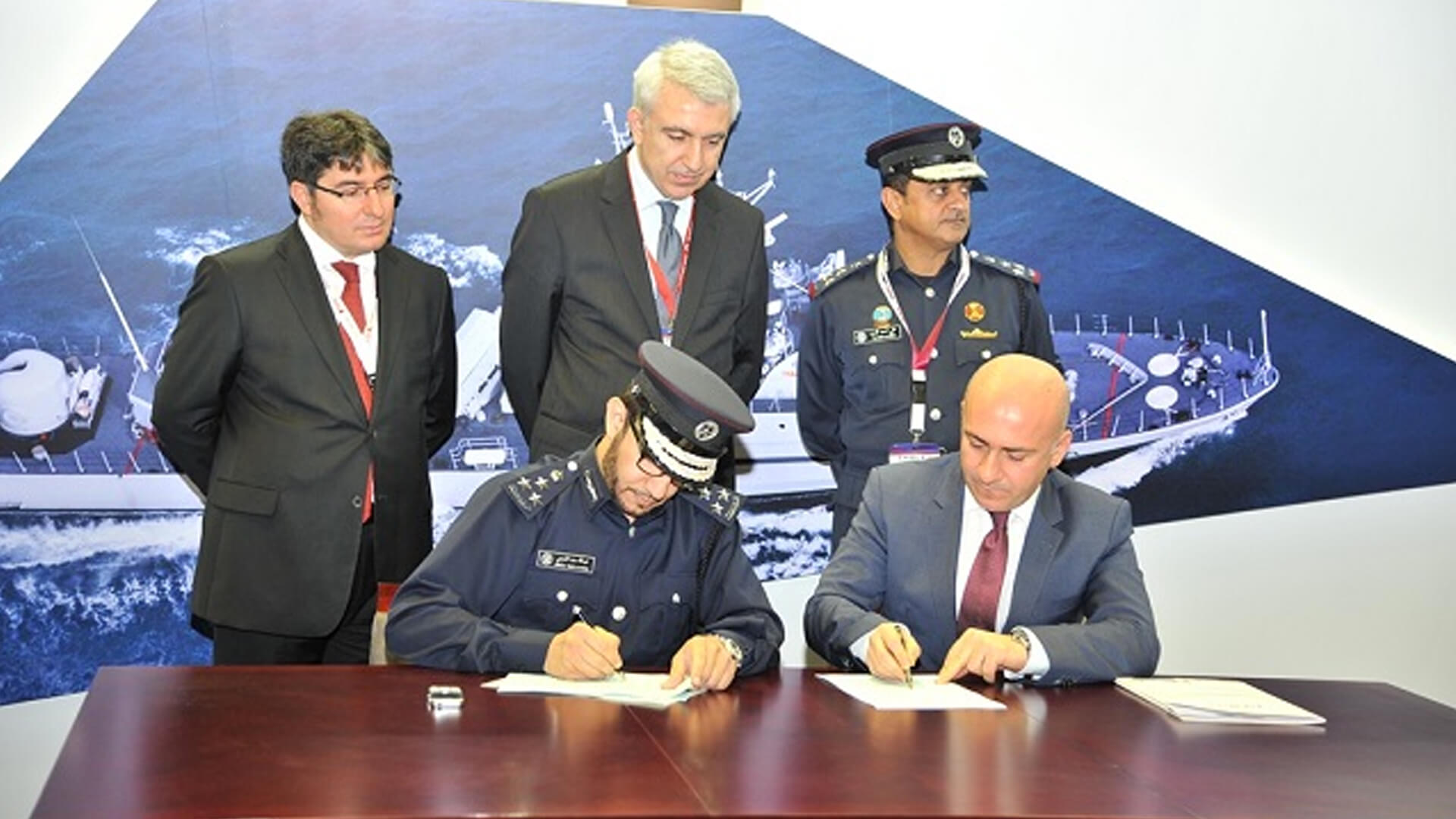BACK
Qatar Continues to Expand Naval Capabilities

Qatar’s huge oil and gas reserves and its reliance on sea trade makes maritime defense of paramount importance to the country, he said.
“Our resources are based on oil and gas production, mostly on the sea, and they are being exported all over the world through the sea,” Al Obaidli said Wednesday at the Middle East Naval Commanders Conference here.
“The future capabilities we need to acquire include larger ships that can travel up to 30 knots, and can travel up to 5,000 nautical miles and can hold on board helicopters and aircraft,” he said. “Therefore we need a number of ships with varying sizes.”
Requirements also include minesweepers; development of the naval helicopter fleet; intelligence, surveillance and reconnaissance aircraft; and unmanned aircraft and surface vessels.
The instability in the Arab world and Qatar’s hosting of global events provide challenges to the state’s maritime security.
“The challenges are varied and include terrorist acts in the sea, destruction of pipelines, drug trafficking, piracy, illegal fishing and oil and gas leakage, among others,” Al Obaidli said..
During the Doha International Maritime Defence Exhibition (DIMDEX), the Qatari forces agreed to acquire 17 high-speed coast guard boats from Turkey´s Ares Shipyard.
According to the deal, Qatar will buy two 46-meter vessels, 10 33-meter ones and five 23-meter versions made from advanced composite materials. The contract is “the biggest one for the military ships category in the region,” said Kerim Kalafatoglu, Ares Shipyard managing director.
The Qatari fleet expansion is part of the greater National Security Shield project, Al Obaidli said.
The total area of Qatar’s sea waters is about 35,000 square kilometers, three times its land area. “We depend more on the sea than on land,” he said.
A new naval base will be operational in 2017, Al Obaidli said.
The new Qatar Emiri Naval Forces Base will be the center for Qatar's maritime security and will be built 14 kilometers from Doha, said Lt. Col. Saleh Al Saey, a member of the technical committee of the naval base project at the Emiri Naval Force.
The project “has been studied and researched for a number of years and the plan is to develop the most technologically advanced naval facility in the world by 2017,” Al Saey said. “Currently our naval capabilities are 10 years behind the most advanced ones in the region, therefore we want to acquire the latest capabilities in 2017. Furthermore, we are developing an infrastructure at the base to help support the Emiri naval development and expansion.”
Companies called upon to submit tenders — including Cassidian, Honeywell, Cegelec, Page Europa, Johnson Controls and Thales International — have been asked to propose only the newest technologies.
The scope of work for the naval base infrastructure covers a 4.5 square kilometer area of a manmade island and on-shore area of 1.1 square kilometer, including 53 kilometers of paved roads and a 78-kilometer fiber-optic telecommunications network and 14 buildings.